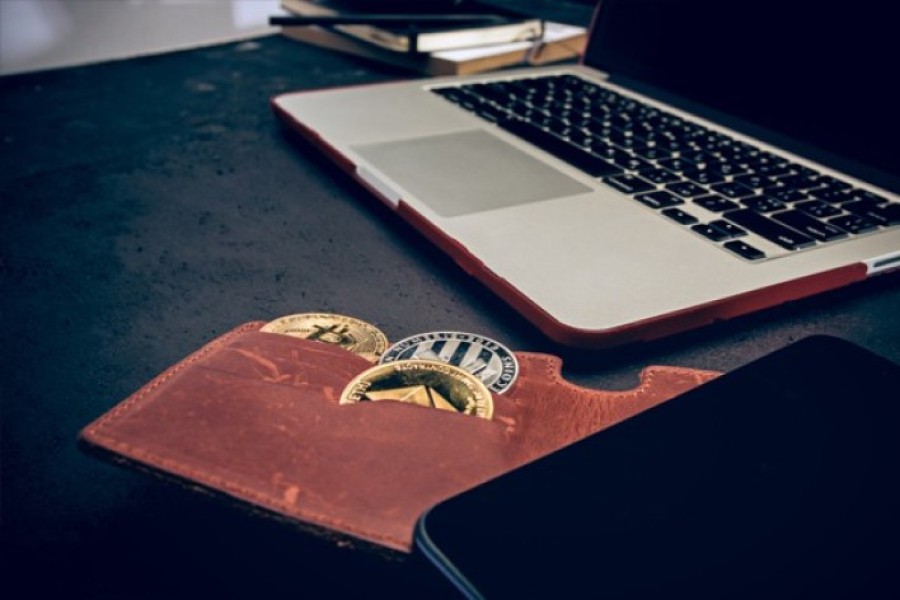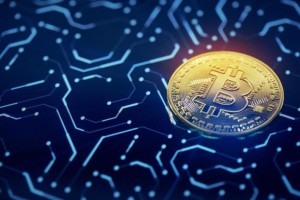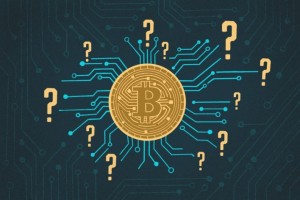 12, Nov
12, Nov
Is Bitcoin Digital Gold?
The comparison of Bitcoin to digital gold is rooted in several key similarities and attributes that both assets share. Here’s a comprehensive breakdown of why Bitcoin is often referred to as "digital gold":
1. Scarcity
**1.1. Limited Supply:
- Bitcoin: Bitcoin has a fixed supply cap of 21 million coins, which introduces scarcity into the system. This finite supply is akin to gold’s limited physical availability.
- Gold: Gold is a scarce resource with a limited amount of gold available in the Earth’s crust, making it valuable due to its rarity.
**1.2. Predictable Supply Schedule:
- Bitcoin: The rate at which new Bitcoins are created (through mining) is halved approximately every four years in an event known as the "halving." This controlled issuance mimics the concept of scarcity.
- Gold: The extraction of new gold from the Earth is increasingly difficult and expensive, contributing to its scarcity over time.
2. Store of Value
**2.1. Inflation Hedge:
- Bitcoin: Bitcoin is often seen as a hedge against inflation due to its fixed supply. The idea is that as fiat currencies lose value through inflation, Bitcoin’s scarcity can preserve its purchasing power.
- Gold: Historically, gold has served as a hedge against inflation and economic instability, retaining its value over long periods.
**2.2. Long-Term Value Preservation:
- Bitcoin: Bitcoin’s value proposition lies in its ability to preserve wealth over time, similar to how gold has been used for centuries as a store of value.
- Gold: Gold has been used as a store of value for thousands of years and is often seen as a reliable asset in uncertain economic conditions.
3. Non-Correlated Asset
**3.1. Decoupling from Traditional Markets:
- Bitcoin: Bitcoin often shows low correlation with traditional financial markets and assets, providing diversification benefits for investors. This characteristic is similar to gold’s behavior during economic downturns.
- Gold: Gold is typically uncorrelated with other financial assets like stocks and bonds, making it a valuable diversifier in investment portfolios.
4. Digital Nature and Accessibility
**4.1. Ease of Transfer:
- Bitcoin: Bitcoin can be transferred and traded globally in a matter of minutes, leveraging the efficiency of digital technology. This ease of transfer contrasts with the physical nature of gold, which requires physical transportation and secure handling.
- Gold: While gold can be transferred globally, it involves physical logistics, storage, and security concerns.
**4.2. Digital Ownership:
- Bitcoin: Ownership of Bitcoin is represented through digital wallets and cryptographic keys. This digital nature allows for easy and secure transactions and storage.
- Gold: Gold ownership typically requires physical possession or ownership through financial instruments like ETFs.
5. Security and Immutability
**5.1. Secure Ledger:
- Bitcoin: Bitcoin transactions are recorded on a decentralized and immutable blockchain ledger. This ensures transparency and security without relying on a central authority.
- Gold: Gold’s value and authenticity are ensured through physical properties and verification processes, although it does not have a digital ledger.
**5.2. Resistance to Counterfeiting:
- Bitcoin: Bitcoin’s blockchain technology provides a high level of security against counterfeiting and fraud, ensuring that each Bitcoin is genuine and unique.
- Gold: Gold’s physical properties make it difficult to counterfeit, and its authenticity is verified through assays and other testing methods.
6. Market Perception
**6.1. Emerging Asset Class:
- Bitcoin: As a relatively new asset class, Bitcoin is often compared to gold due to its similar characteristics as a non-traditional store of value. Its growing adoption and recognition contribute to its comparison with gold.
- Gold: Gold has a long-standing historical role as a store of value and is widely accepted as a safe haven asset.




